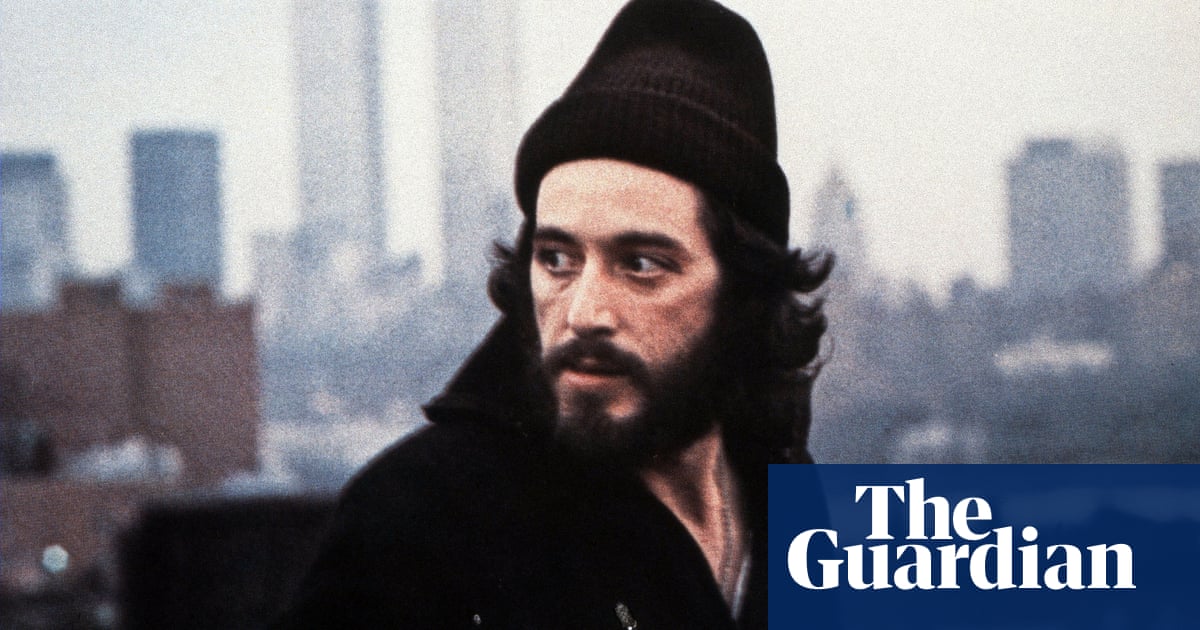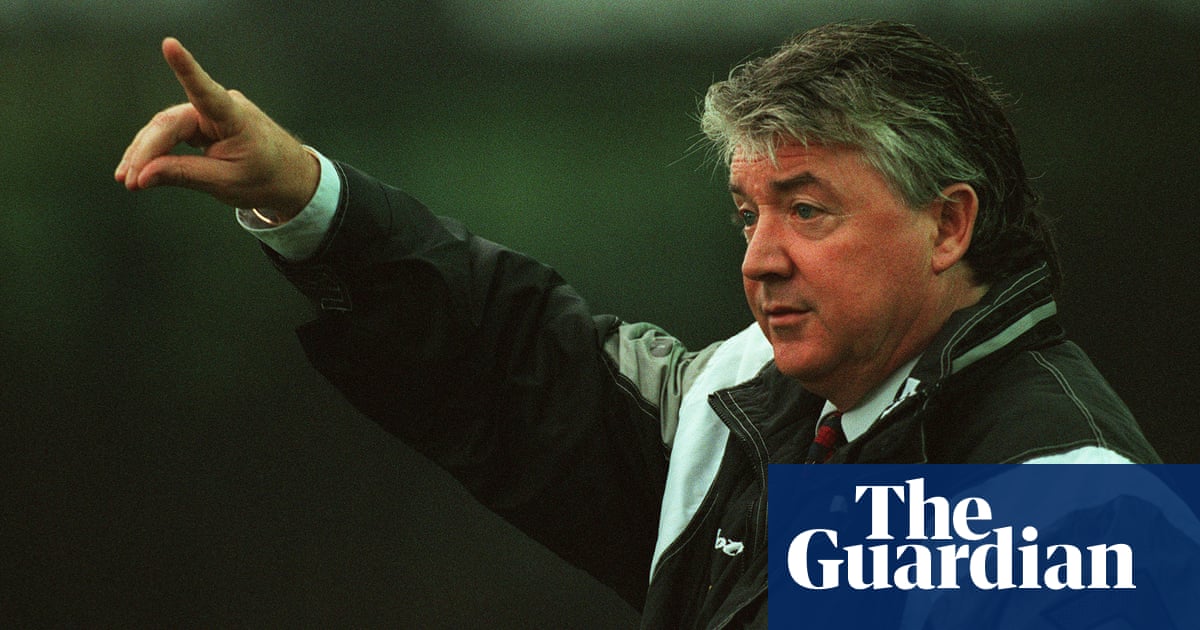
"Fractured Destinies" won Palestinian author Rabai Al-Madhoun the International Prize for Arabic Fiction in 2016
It’s a complex story, full of nostalgia and the anger of the betrayed
CHICAGO: “Fractured Destinies” won Palestinian author Rabai Al-Madhoun the International Prize for Arabic Fiction in 2016. Now sensitively translated into English by Paul Starkey, Al-Madhoun’s heartbreaking novel about his people’s disenfranchisement and deprivation, and a future that offered only the loss of home and identity deserves to find a new audience.
The book focuses on Palestinians who were uprooted and forced to leave their homeland and those who fought to stay. It follows the story of Julie Ardakian, the daughter of a Palestinian-Armenian woman named Ivana who left her home in Acre for England during the Nakba and never returned. Ivana’s dying wish is for Julie and her husband Walid, a Palestinian writer from Al-Majdal Asqalan, to take her ashes back to her childhood home so she can, at least, settle there in death.
Al-Madhoun was himself displaced by the Nakba, aged three, when he was forced into the Khan Younis refugee camp from his home in Gaza. He has spent his adult life writing about Palestine — both in fiction and in journalism (he is the editor of London-based newspaper Al-Sharq Al-Awsat) — but continues to find fresh ways to approach the topic.
He breaks “Fractured Destinies” into four ‘movements,’ as in a concerto. The book begins with Julie’s journey from London to Acre, but expands to include the story of Walid and his journey back to his homeland, alongside the contributing voices of relatives and friends — those who live and struggle in a shackled-freedom and those who have joined the diaspora.
Al-Madhoun’s novel is deeply sad, but he is also capable of revealing the beauty in joyous memories of the past and Palestine’s rich history and culture — he writes of ancient churches and mosques, and of the homes of celebrated poets Ahmad Dahbur and Mahmoud Darwish. And he writes, of course, of the wars in which so many were lost. Unfortunately, Walid can find little trace of joy in the transformed landscape of his homeland.
It’s a complex story, full of nostalgia and the anger of the betrayed, as politicians toy with the lives of millions. Al-Madhoun does not flinch in the face of complicated emotions. His fiction is based on the reality of his past — a reality shared by millions. And his words, by paying homage to that past, keep it from being erased.
The book was first published in 2015. It was then translated into English by award winning translator, Paul Starkey, and published in 2018 by Hoopoe, an imprint of the American University of Cairo Press.
“Fractured Destinies” serves as an important reminder of truth in a world too easily inclined to forget.












